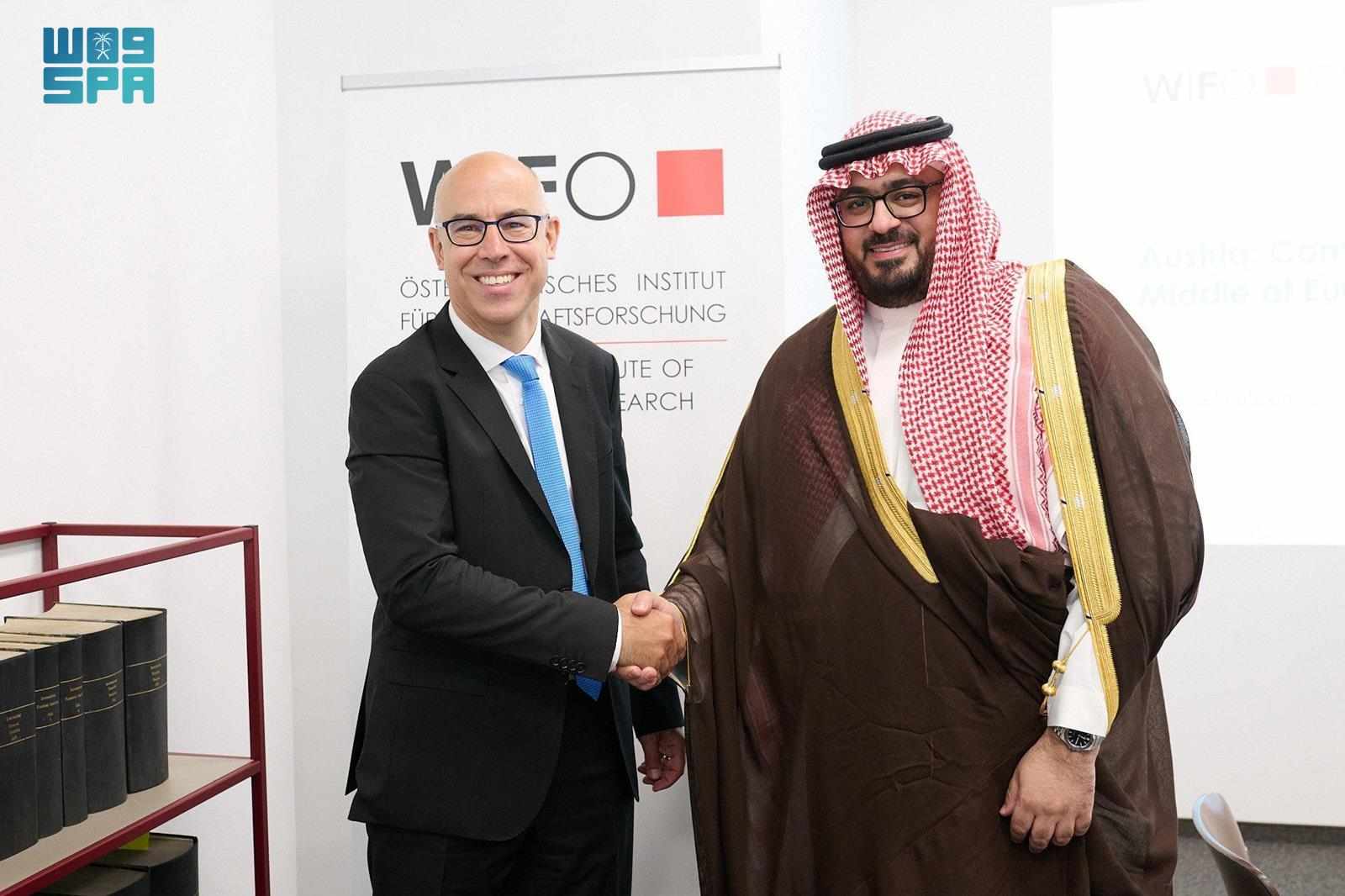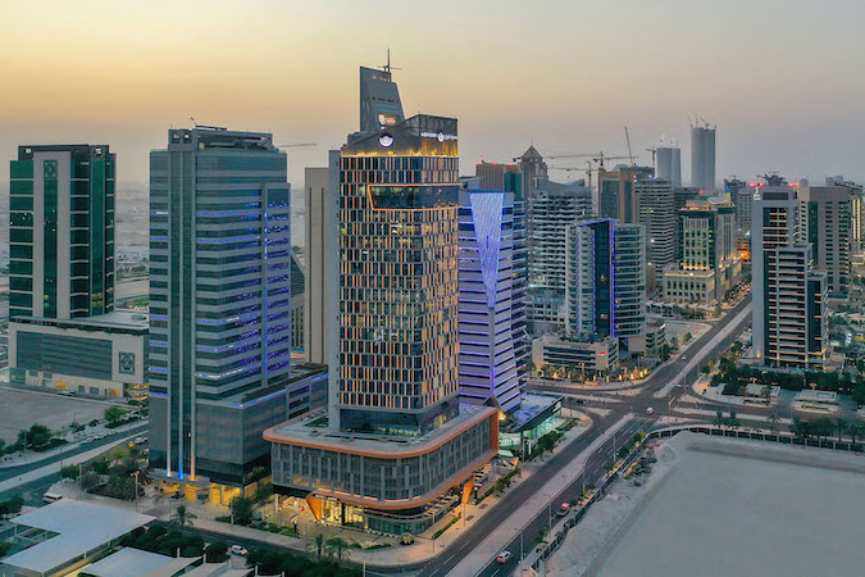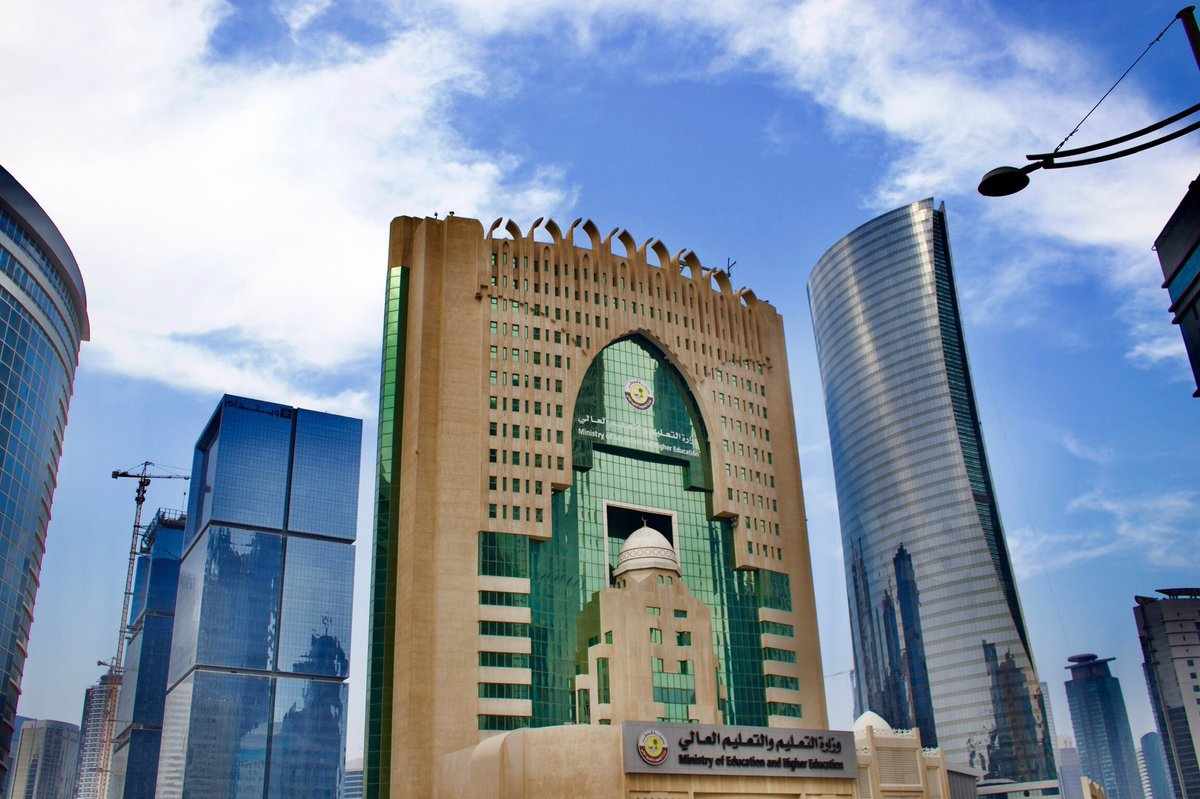Challenging perceptions of Qatar’s environmental performance – The Peninsula
- Date: 19-Jan-2023
- Source: The Peninsula Qatar
- Sector:Financial Services
- Country:Qatar
Challenging perceptions of Qatar’s environmental performance – The Peninsula
Dr. Gonzalo Castro de la Mata
Since being awarded the rights to host the 2022 FIFA World Cup over 12 years ago, Qatar has been well and truly in the spotlight. The country’s efforts to deliver a tournament that set new benchmarks for social, economic, and environmental standards were regularly under scrutiny. However, critics often analysed Qatar’s performance using standards and frameworks that failed to consider the unique context in which the tournament was set, and therefore did not accurately portray the progress being made.
Sustainability and climate change have been particular focus areas for negative commentators. Qatar’s commitment to greener practices – a natural extension of the nation’s environmental and sustainability goals – has often been challenged due to misconceptions about carbon emissions and biodiversity.
These conclusions often use standardised models to assess the country’s environmental performance and fail to understand what sustainability means in the context of the country’s climate and natural conditions, or to properly capture Qatar’s contributions to global sustainability. This article looks at two of the common sustainability-related criticisms Qatar faces and responds to these by highlighting the wider context and consideration.
Biocapacity deficit A commonly used ecological footprint measurement considers Qatar as having one of the largest “biocapacity




















